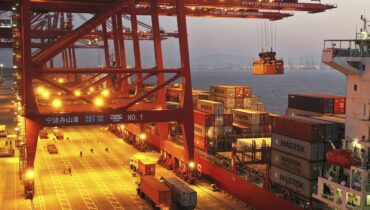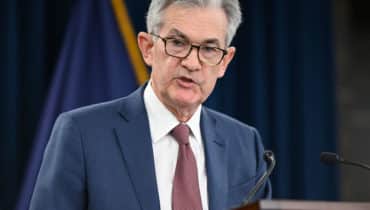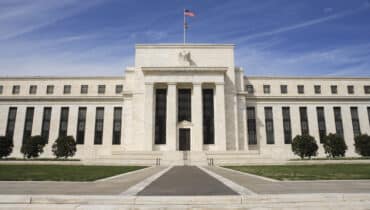Gerhard Winzer
Gerhard Winzer has worked at Erste Asset Management since March 2008. Up until March 2009, he was Senior Fund Manager in Fixed Income Asset Allocation; he has been Head Economist since April 2009.
He holds a degree from a polytechnical college and studied economics and business at Vienna University with a special focus on financial markets. He holds a CFA charter and participated from 2001 to 2003 in the doctoral programme for finance at the Center for Central European Financial Markets in Vienna.
From July 1997 to June 2007, he worked in research at CAIB, Bank Austria Creditanstalt, and UniCredit Markets & Investment Banking. His last position was as Executive Director for Fixed Income / FX Research and Strategy. He was responsible for research on asset allocation at Raiffeisen Zentralbank (RZB) in Vienna from July 2007 to February 2008.









